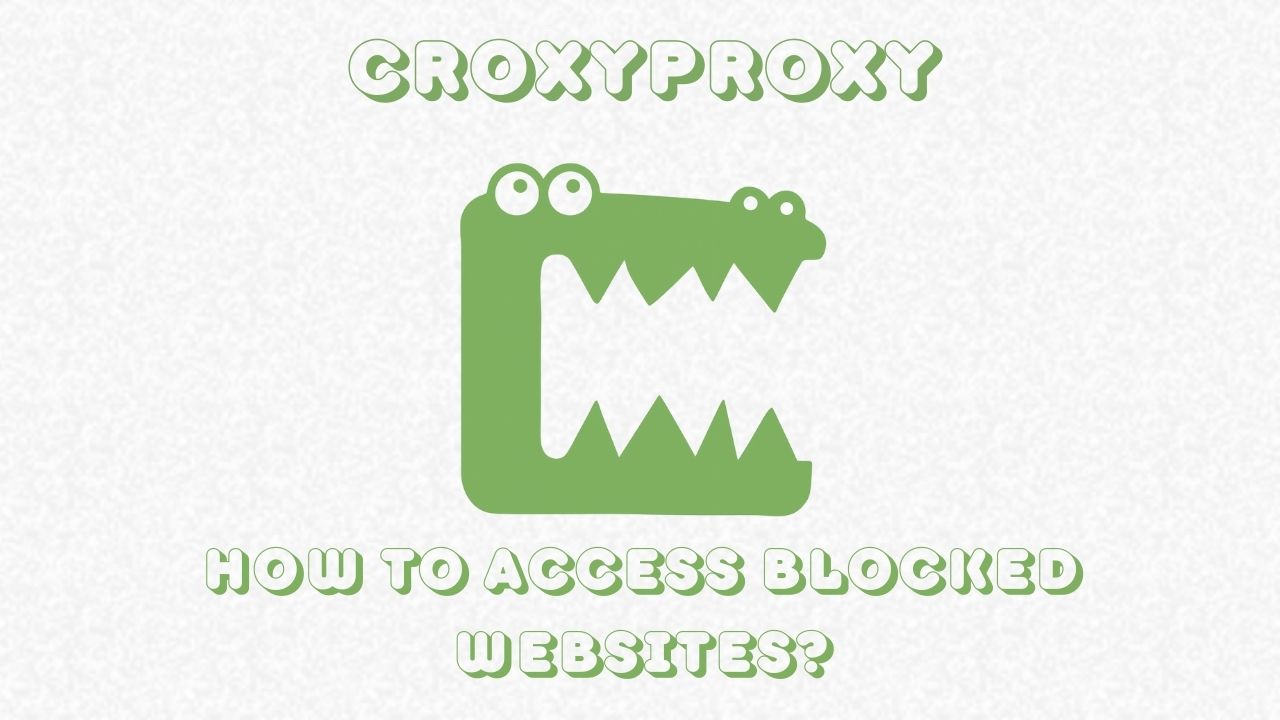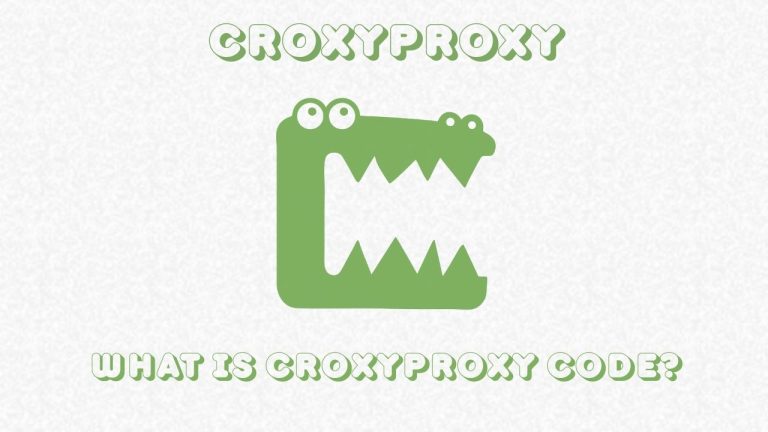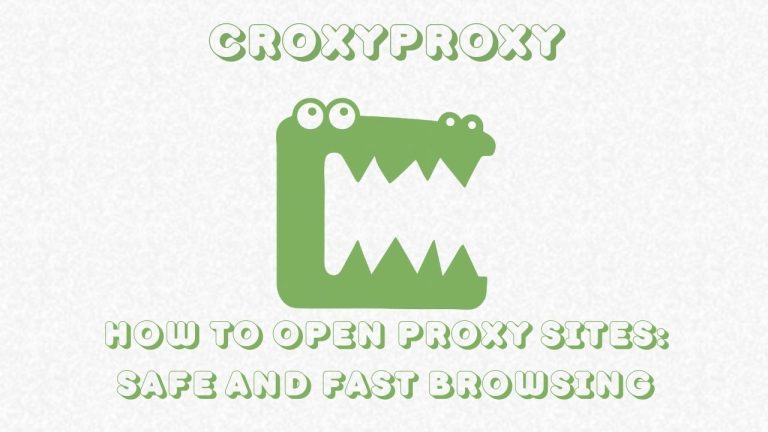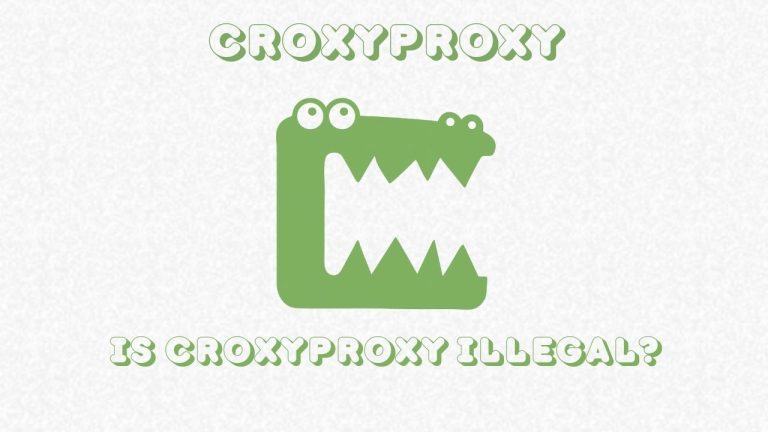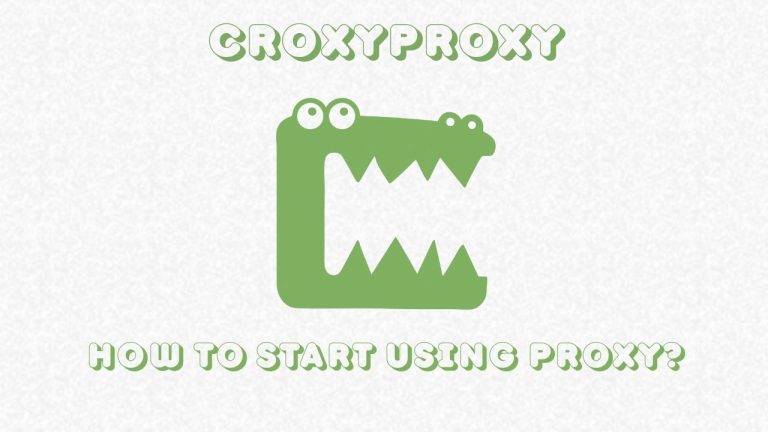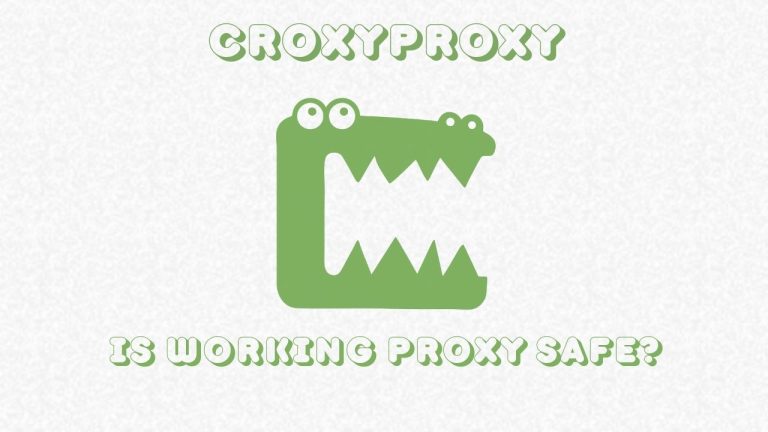How to Access Blocked Websites?
How to Access Blocked Websites? However, many websites are often blocked due to government restrictions, workplace firewalls, or regional censorship. Accessing these blocked websites can be challenging, but with the right tools and knowledge, you can securely browse without limitations. This guide provides the most effective ways to access blocked websites and ensures your online safety.
Why Websites Get Blocked
There are several reasons why certain websites may be restricted in your country or network:
- Government Censorship: Some countries block websites that contain content considered illegal or politically sensitive.
- Workplace Restrictions: Offices may restrict social media, streaming, or gaming sites to maintain productivity.
- Educational Institutions: Schools and universities often block adult content or unrelated entertainment websites.
- Regional Restrictions: Some streaming platforms and services limit access based on geographic location.
- Security Concerns: Certain websites may be blocked due to malware risks or phishing threats.
Understanding the reason behind a website being blocked helps in selecting the best method to unblock it safely.
Best Ways to Access Blocked Websites
Several methods can help you unblock websites safely, but it is important to choose the most secure and reliable options.
1. Using a VPN (Virtual Private Network)
A VPN is the most secure and effective method to bypass website restrictions. VPNs work by encrypting your internet connection and masking your IP address, allowing you to access content from anywhere in the world safely.
Benefits of Using a VPN:
| Feature | Description |
|---|---|
| Privacy Protection | Encrypts your data, keeping online activity anonymous. |
| Bypass Restrictions | Access websites blocked by governments, networks, or ISPs. |
| Safe Browsing | Protects against hackers, phishing, and malicious websites. |
| Multiple Locations | Choose servers from different countries to access region-restricted content. |
Recommended VPNs in 2025:
- ExpressVPN: High speed, strong encryption, and servers in 90+ countries.
- NordVPN: Affordable with excellent security features and no-log policy.
- Surfshark: Unlimited device connections with robust privacy protection.
To use a VPN:
- Download a trusted VPN app.
- Install and launch the app on your device.
- Connect to a server in a country where the website is accessible.
- Open your browser and access the previously blocked website.
2. Using Proxy Websites
Proxy servers act as intermediaries between your device and the website you want to access. They hide your real IP address, making it appear as if you are browsing from another location.
Advantages of Using a Proxy:
- Easy to use with no installation required.
- Bypasses simple network restrictions.
- Suitable for occasional use of blocked websites.
Limitations:
- Less secure compared to VPNs.
- Free proxies may log your activity.
- Some websites detect and block proxy traffic.
Popular Proxy Services:
| Proxy Service | Key Feature |
|---|---|
| Hide.me | Free proxy with fast servers. |
| CroxyProxy | Supports video streaming and secure browsing. |
| Hidester | Offers HTTPS encryption and anonymous browsing. |
3. Using Tor Browser
Tor Browser is a free, open-source browser that provides anonymous internet access. Tor routes your traffic through multiple volunteer-operated servers worldwide, masking your identity and location.
Pros of Tor:
- High anonymity and privacy.
- Free and open-source.
- Bypasses censorship and network restrictions.
Cons:
- Slower browsing speed due to multiple routing layers.
- Some websites block Tor exit nodes.
- Requires careful use to avoid privacy leaks.
Steps to Use Tor Browser:
- Download Tor Browser from the official website.
- Install the browser on your device.
- Launch Tor and connect to the network.
- Browse blocked websites safely and anonymously.
4. Changing DNS Settings
Sometimes, websites are blocked due to DNS restrictions. Changing your DNS can help bypass certain blocks.
How to Change DNS:
- Open network settings on your device.
- Select DNS settings and switch to a public DNS service like Google DNS (8.8.8.8 and 8.8.4.4) or Cloudflare (1.1.1.1).
- Save the settings and reconnect to the internet.
- Try accessing the previously blocked website.
Advantages:
- Quick and easy to set up.
- Free method without extra software.
Limitations:
- Works only for DNS-level blocks.
- Does not encrypt traffic, so it is less secure.
5. Using Browser Extensions
Some browser extensions allow you to bypass restrictions without changing your network settings. These tools often function as lightweight proxies or VPNs directly in your browser.
Popular Extensions:
| Extension | Browser | Key Feature |
|---|---|---|
| Hola VPN | Chrome, Firefox | Free VPN with global server access. |
| Browsec | Chrome, Firefox, Opera | Fast servers and easy to use. |
| SetupVPN | Chrome | Unlimited free VPN for browsers. |
Benefits:
- Easy and fast setup.
- No need to install separate apps.
- Free or affordable options available.
Limitations:
- Limited encryption compared to full VPN apps.
- Browser-only solution; does not protect other apps.
Safety Tips When Accessing Blocked Websites
Accessing restricted content carries risks. To stay safe:
- Choose trusted VPNs or proxies with strong encryption.
- Avoid free VPNs with poor privacy policies.
- Update your browser and security software regularly.
- Do not share personal information on suspicious websites.
- Use HTTPS websites whenever possible for secure connections.
By following these tips, you can browse safely while avoiding malware, data leaks, and online tracking
Frequently Asked Questions (FAQs)
Q1: Is it legal to access blocked websites?
A: It depends on your country’s laws. Using VPNs for privacy and bypassing minor restrictions is usually legal, but accessing illegal content remains illegal.
Q2: Which method is fastest for unblocking websites?
A: A good VPN usually offers the fastest and most reliable connection compared to proxies or Tor.
Q3: Can I unblock streaming platforms like Netflix?
A: Yes, VPNs can bypass geo-restrictions, allowing access to international content libraries.
Q4: Are free VPNs safe to use?
A: Some free VPNs are safe but often have limited servers and slower speeds. Paid VPNs are recommended for security and reliability.
Q5: Can I use a VPN on mobile devices?
A: Absolutely! Most VPN services have apps for Android and iOS devices.
Q6: What if my school blocks VPNs?
A: Try using Tor Browser or browser-based proxies as alternative methods.
Q7: Will using a VPN protect me from hackers?
A: Yes, VPNs encrypt your data, providing an extra layer of protection against cyber threats.
Conclusion
Accessing blocked websites is easier and safer with the right tools. Using a VPN remains the most secure and reliable method, while proxies, Tor Browser, and DNS changes offer alternative solutions. Always prioritize security and privacy when browsing restricted content. By following the methods outlined above, you can enjoy unrestricted internet access anywhere, anytime.

